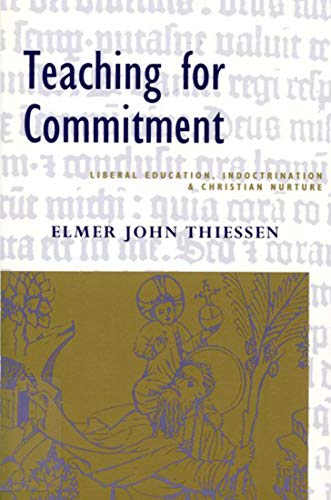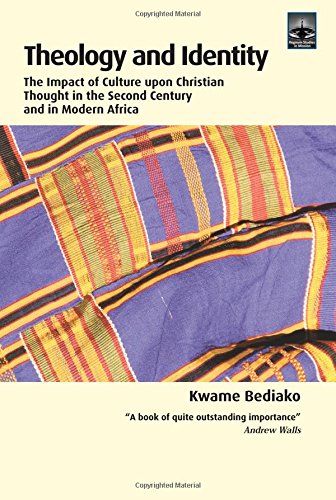Teaching for Commitment. Liberal Education, Indoctrination and Christian Culture
Written by Elmer John Thiessen Reviewed By Richard S. HessThiessen sets forth his case for a system of education that has a ‘healthy commitment’ as part of its expression and intention. Writing from a North American perspective, he addresses particular charges against Christian ‘fundamentalist’ schools. Recent studies have accused these institutions of religious indoctrination. Thiessen examines the charges and particularly the meaning of indoctrination. Indoctrination in terms of content and of method are considered. Thiessen argues that the view that indoctrination can take place only with respect to religious and moral doctrines is philosophically indefensible. Scientific views can also be indoctrinated. More importantly, Thiessen analyses the charge that religious indoctrination uses non-rational methods such as dogmatic assertions without evidence, or the misuse of evidence, or the misuse of a teacher’s authority. However, none of these can be restricted to Christian teaching. Furthermore, the development of any rational world view requires the acceptance of some beliefs. As the individual continues to be educated these are tested and modified according to personal experience. However, no one begins to learn any subject without a personal history in which they have been a part of a family and a larger community that has somehow influenced their beliefs. Critical openness is a necessary part of education but it can only exist where ‘there is something to be critical about’. These are the convictions that everyone possesses and that need to be questioned and tested. But it is wrong to assume that an individual can think without taking into account their own history of development and prior commitments. Thiessen finds that many of the charges of indoctrination apply to American public schools as much as to Christian schools.
However, his discussion is important outside America. Thiessen argues for a rational or normal autonomy as the goal of education. Children are properly nurtured in the religious tradition of their parents. They are also nurtured in a way that exposes them to a variety of viewpoints. At the same time they are taught critical rationality as a means to reflect on these different views and to evaluate their own beliefs. The goal of nurturing should be both religious commitment to their own tradition and an autonomy that provides the critical tools necessary to make an ‘autonomous’ decision for or against Christianity. Thiessen concludes that in our present religious pluralism there should be a variety of schools reflecting the particular religious commitments of the parents in a community. This study considers important issues in both education and pluralism. It argues for an approach that is compatible with faith and yet encourages both tolerance and critical evaluation of other faiths. It recognizes the total person and their family/community environment as part of the educational process. Thiessen has made a theoretical and practical contribution to the question of religious pluralism in contemporary society.
Richard S. Hess
Denver Seminary, Denver







